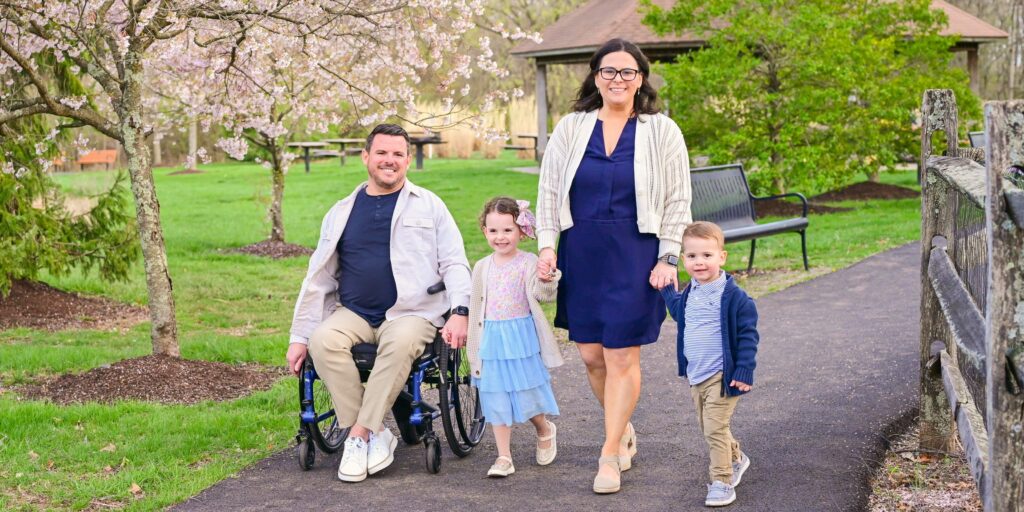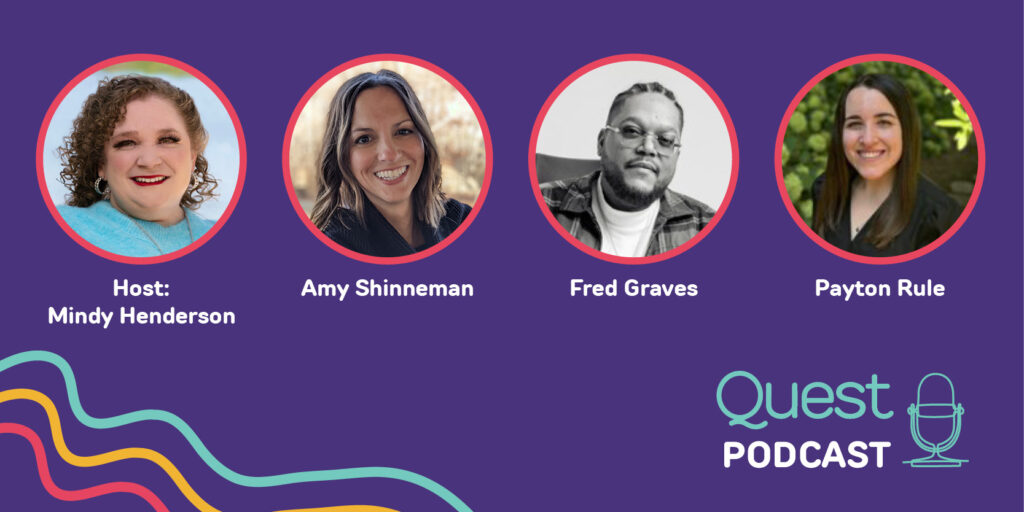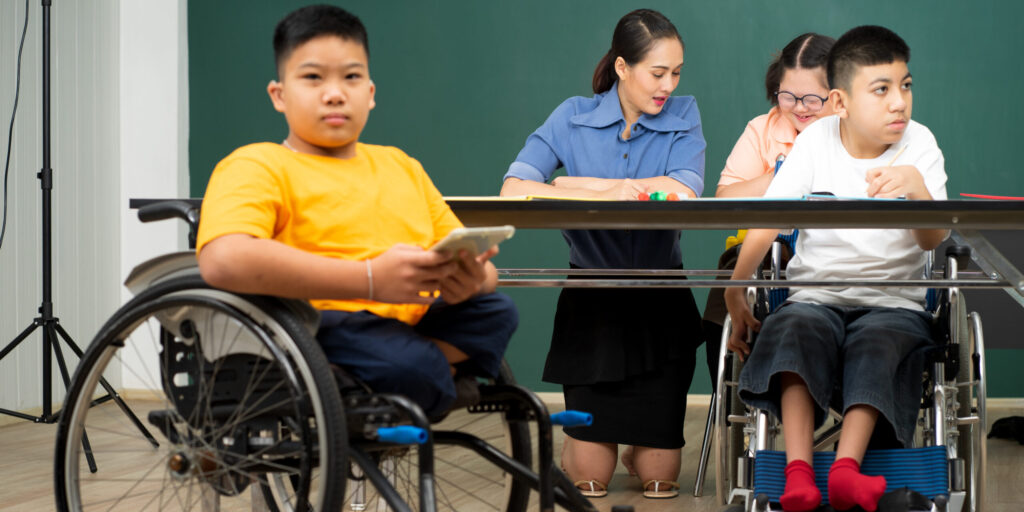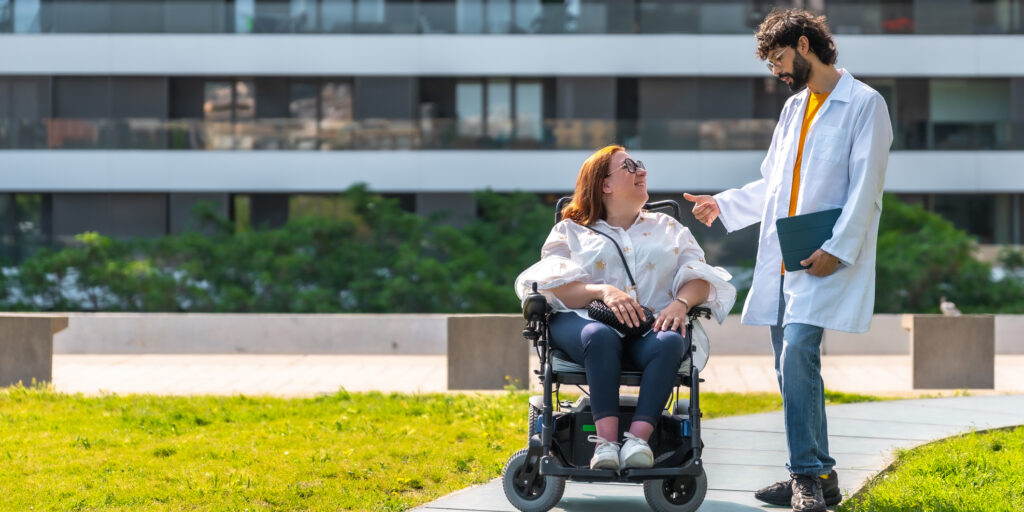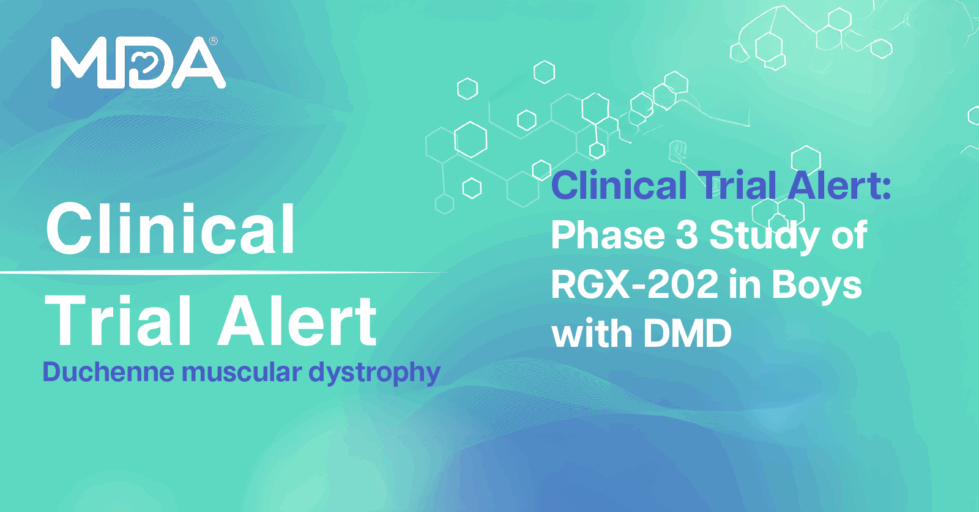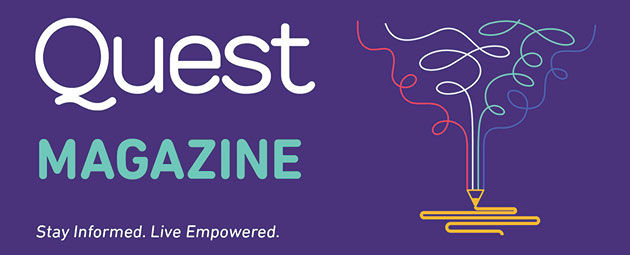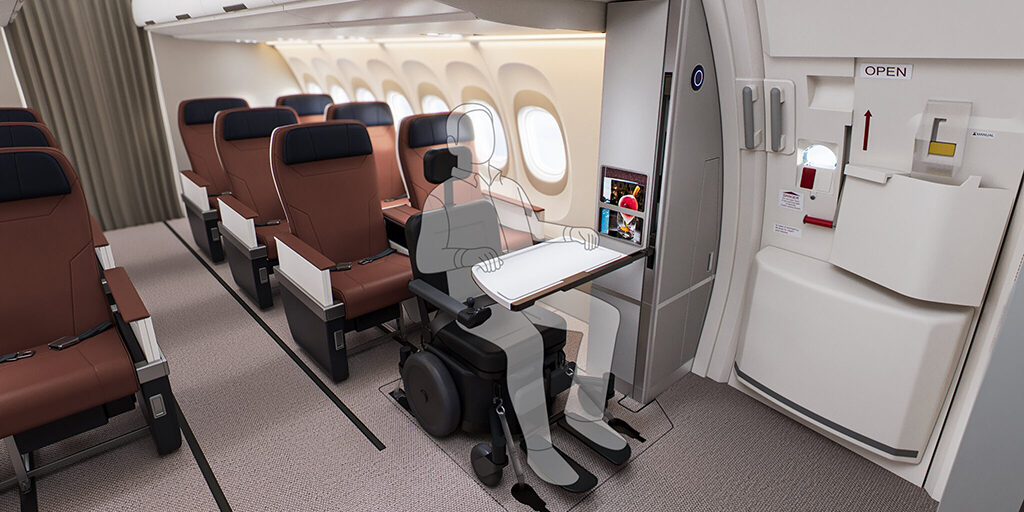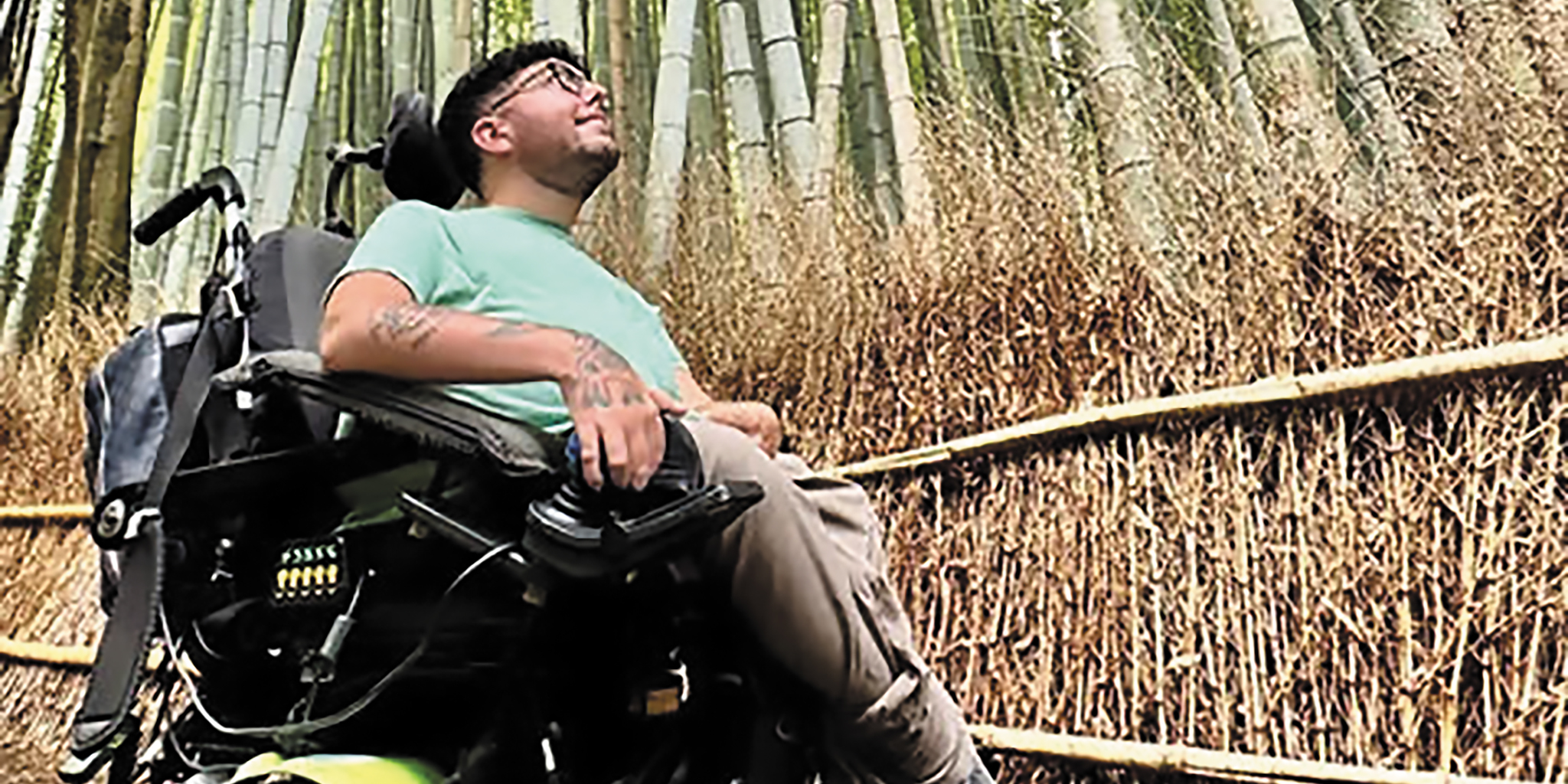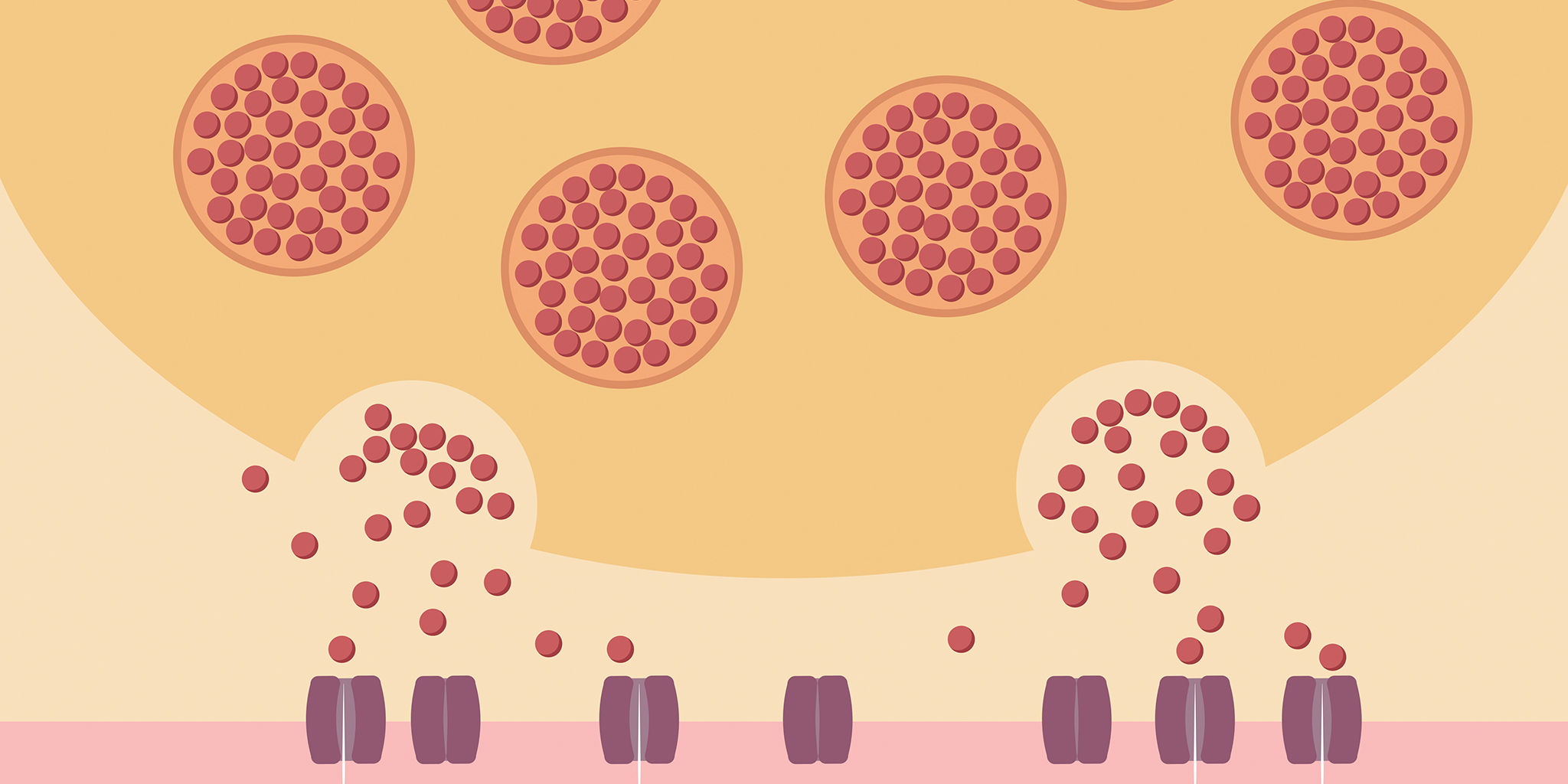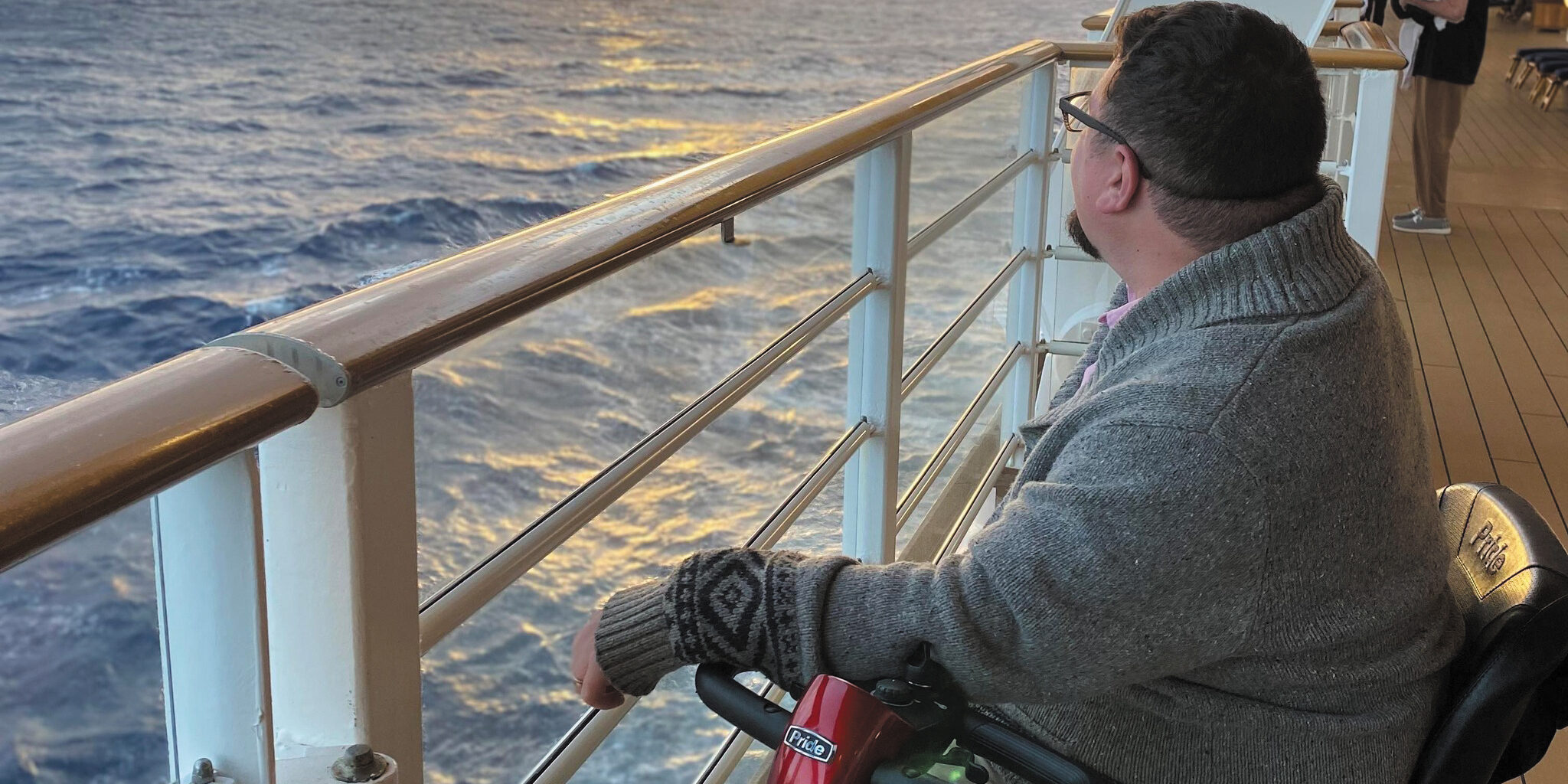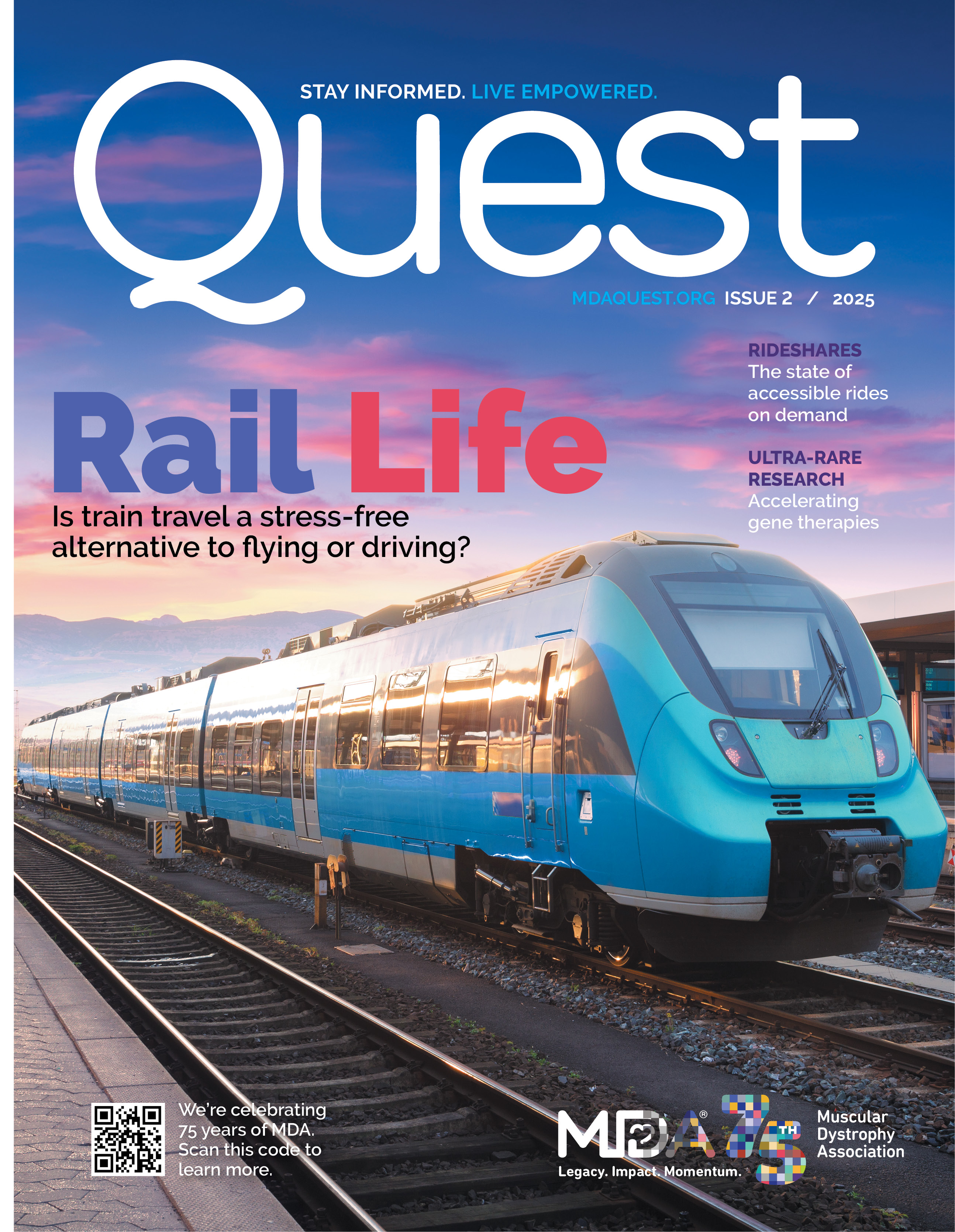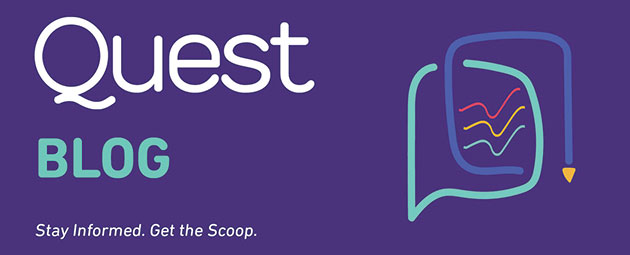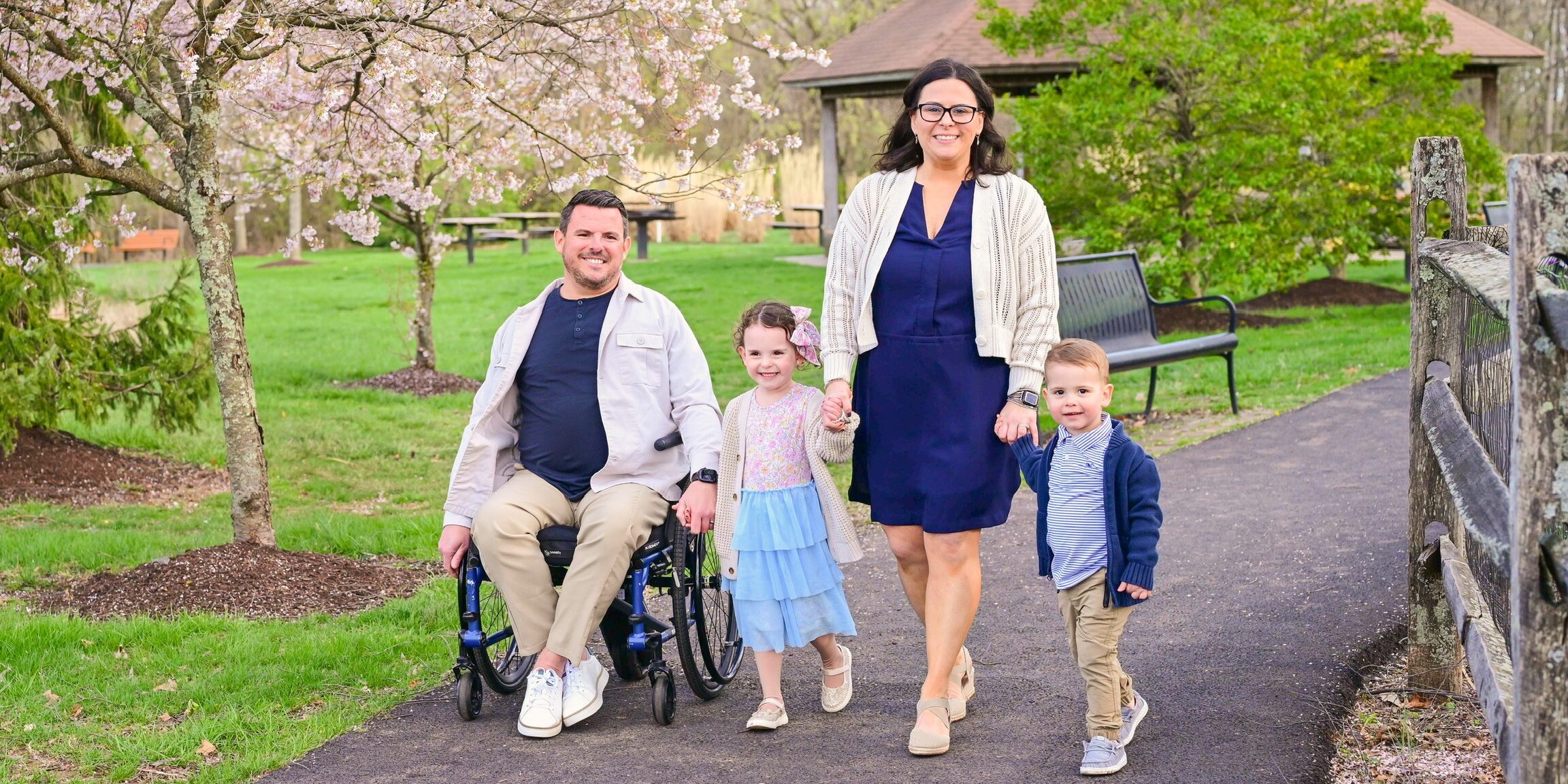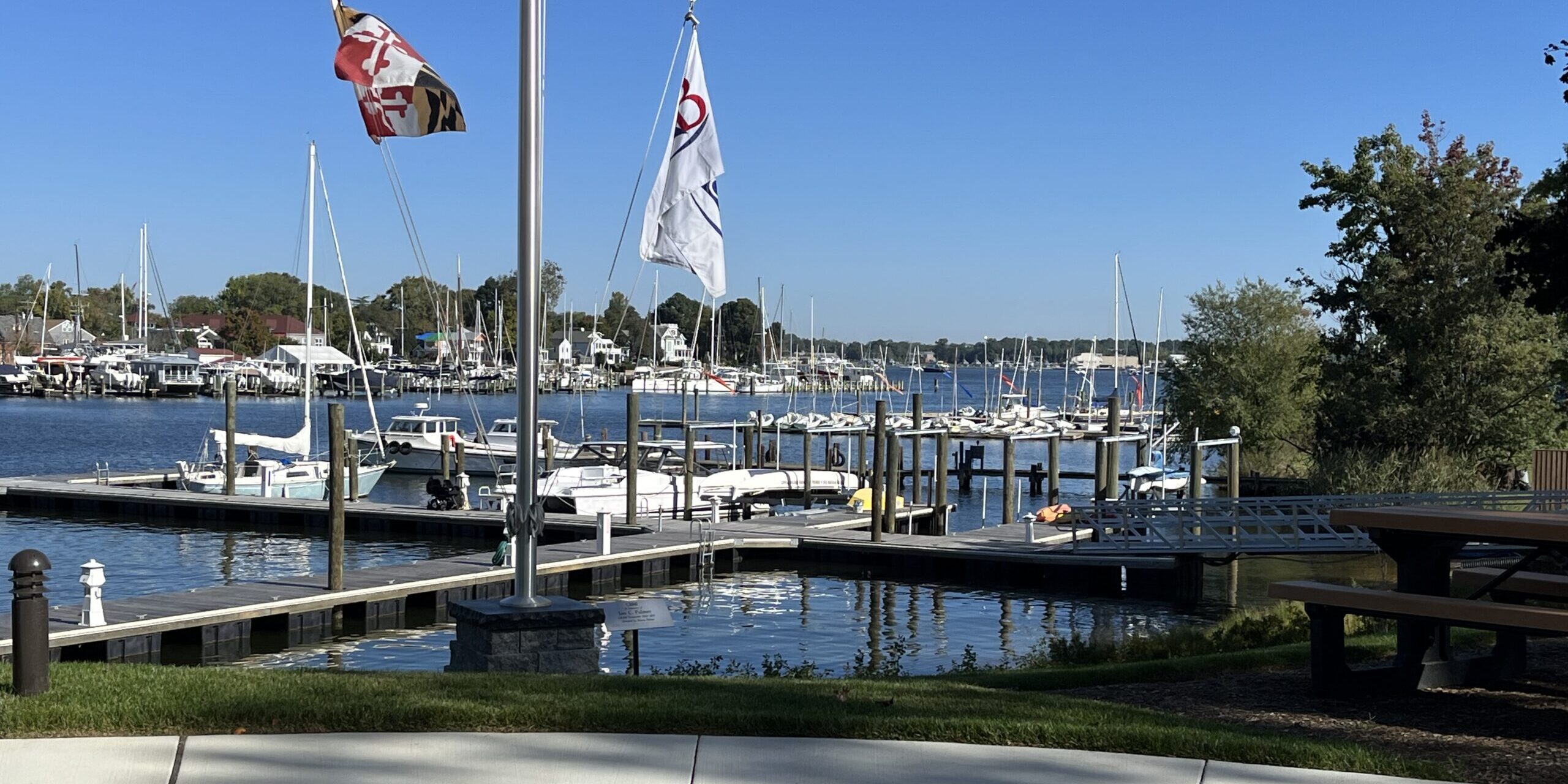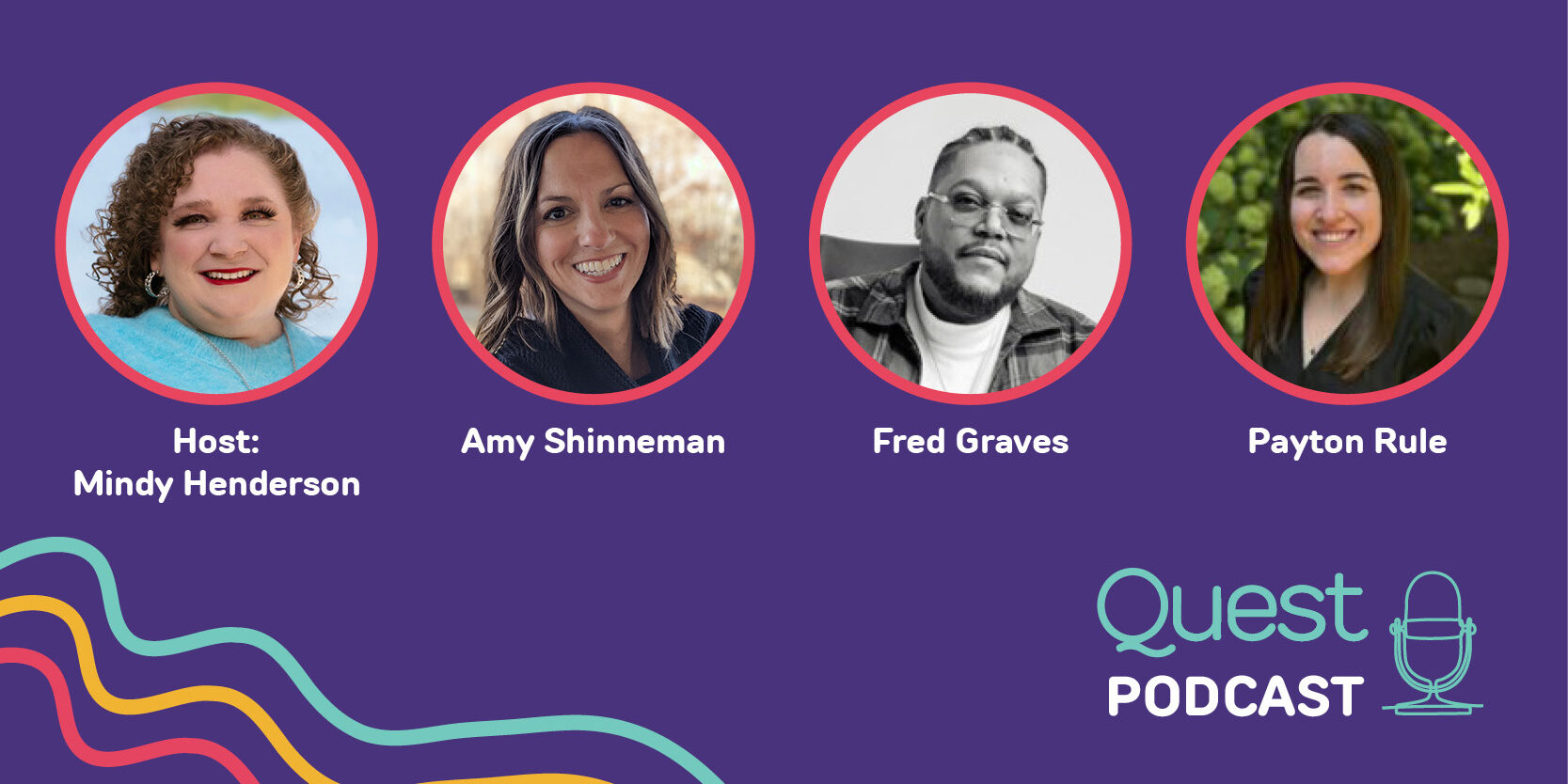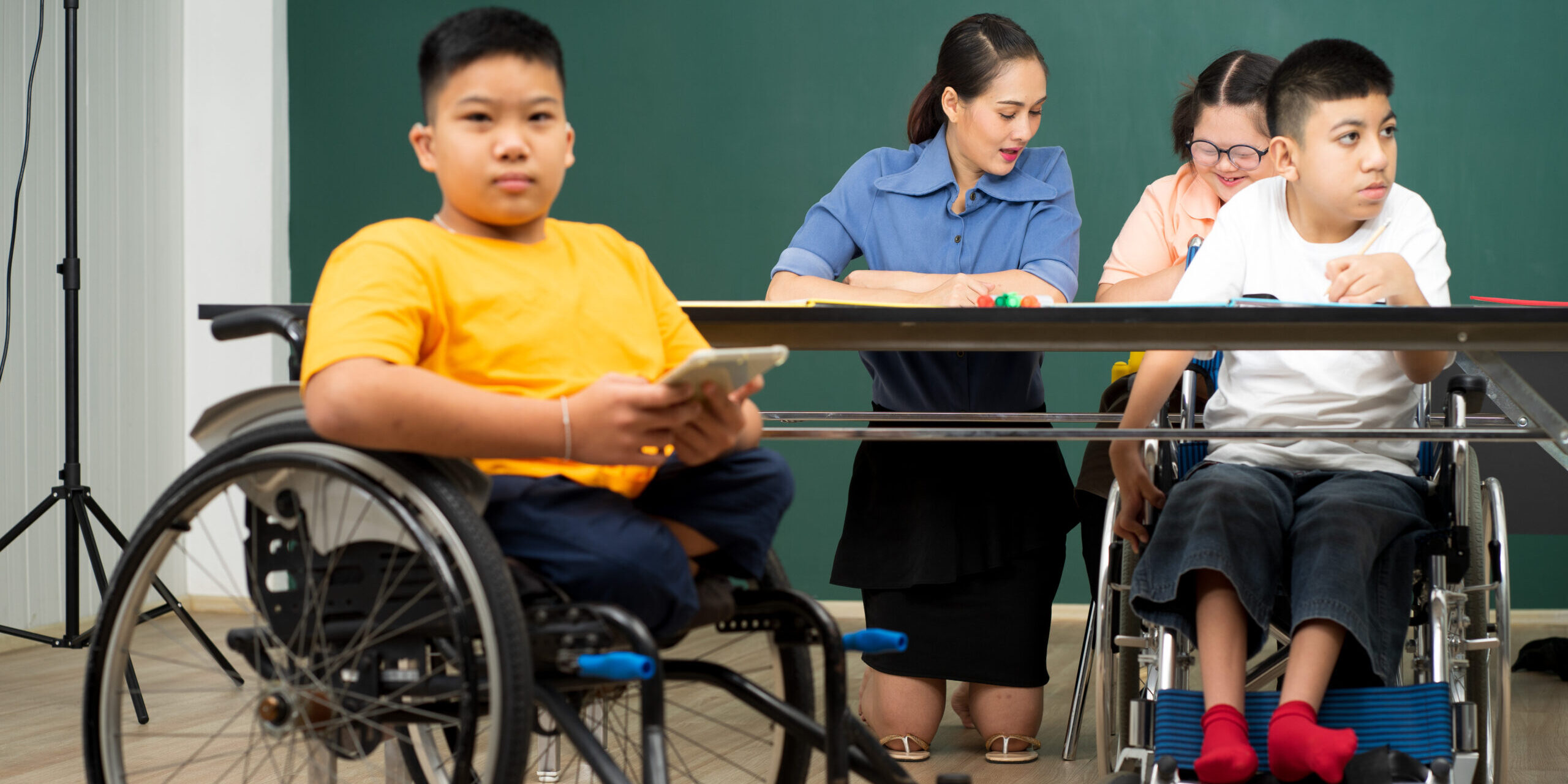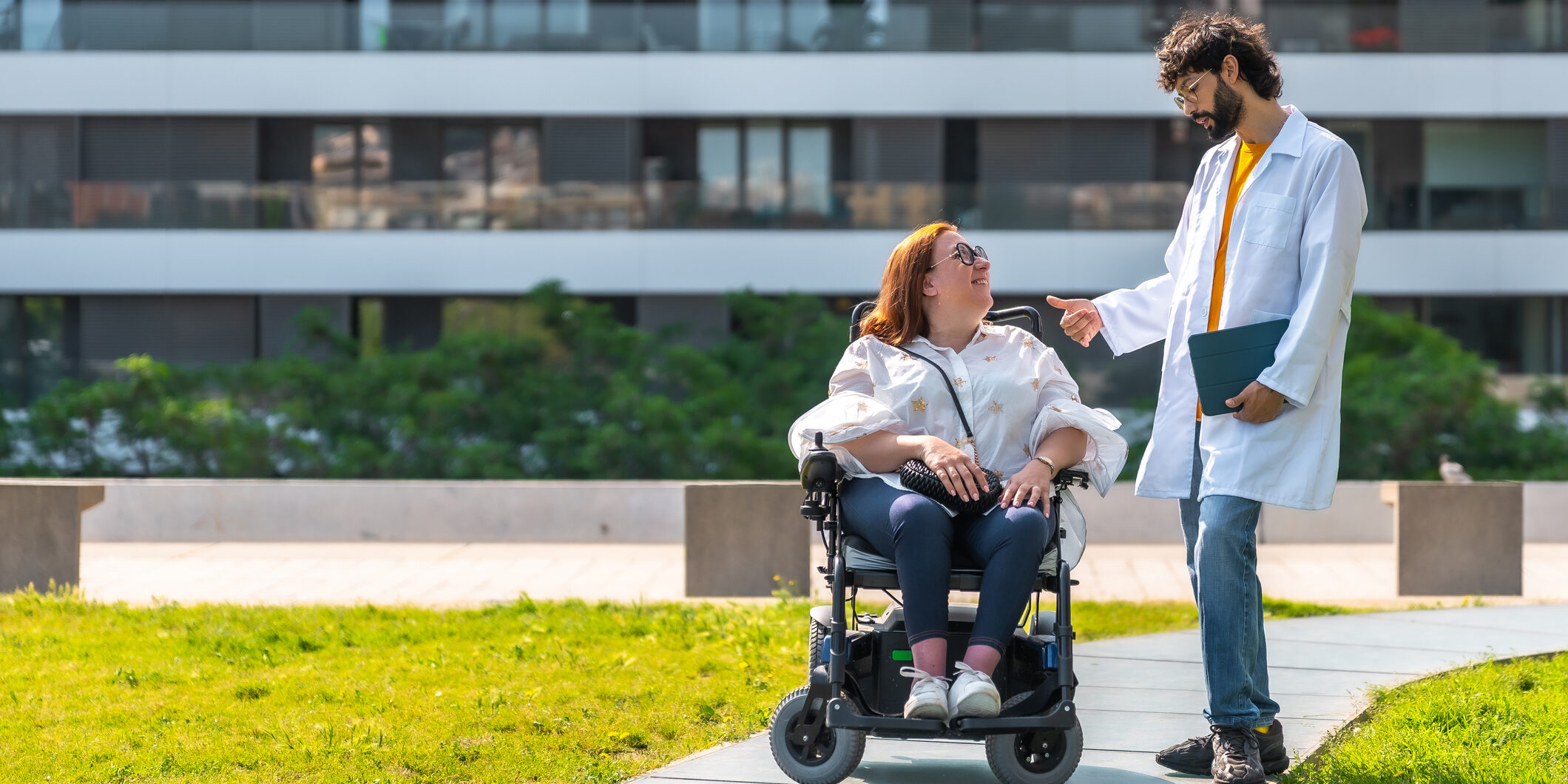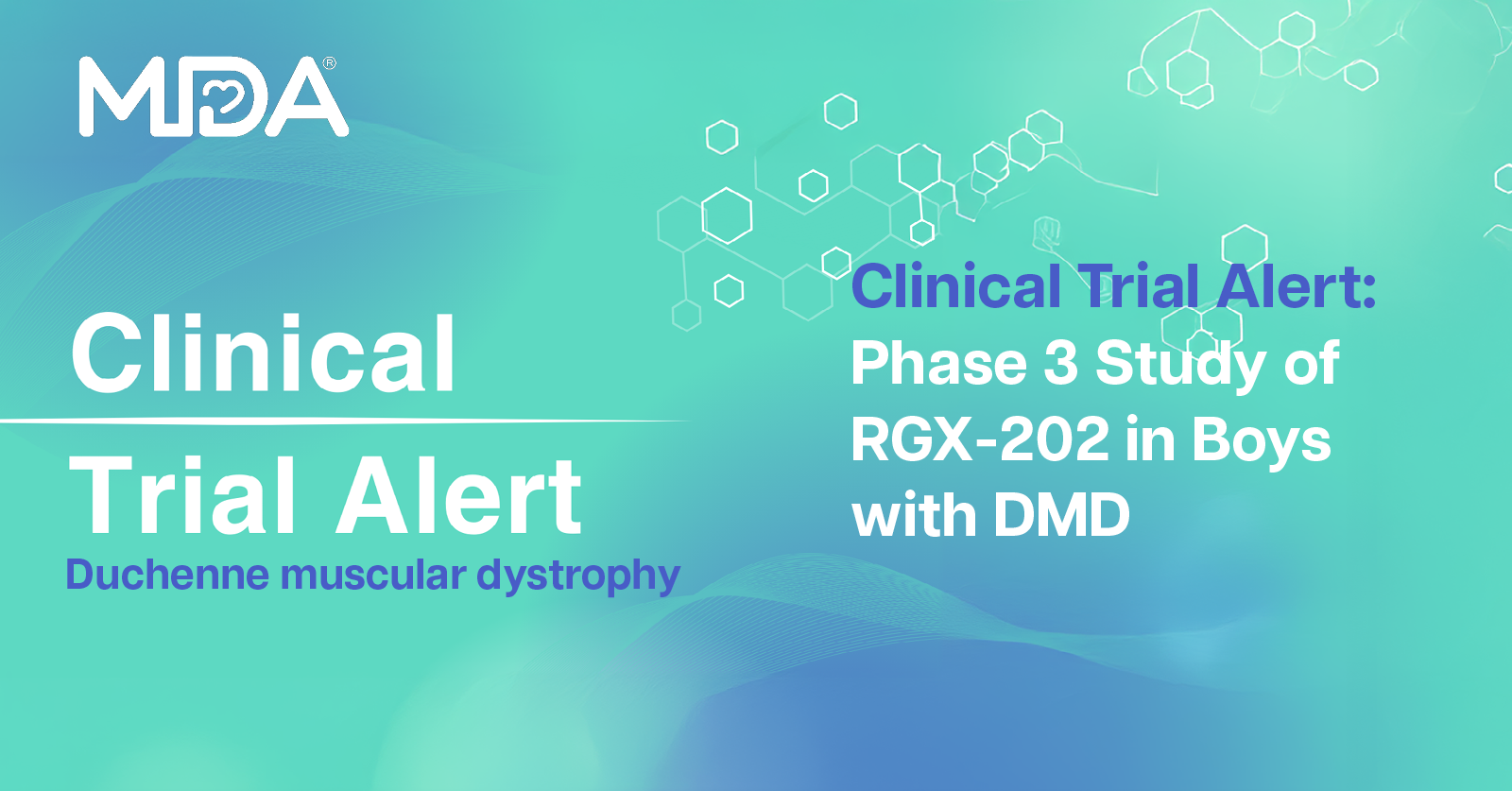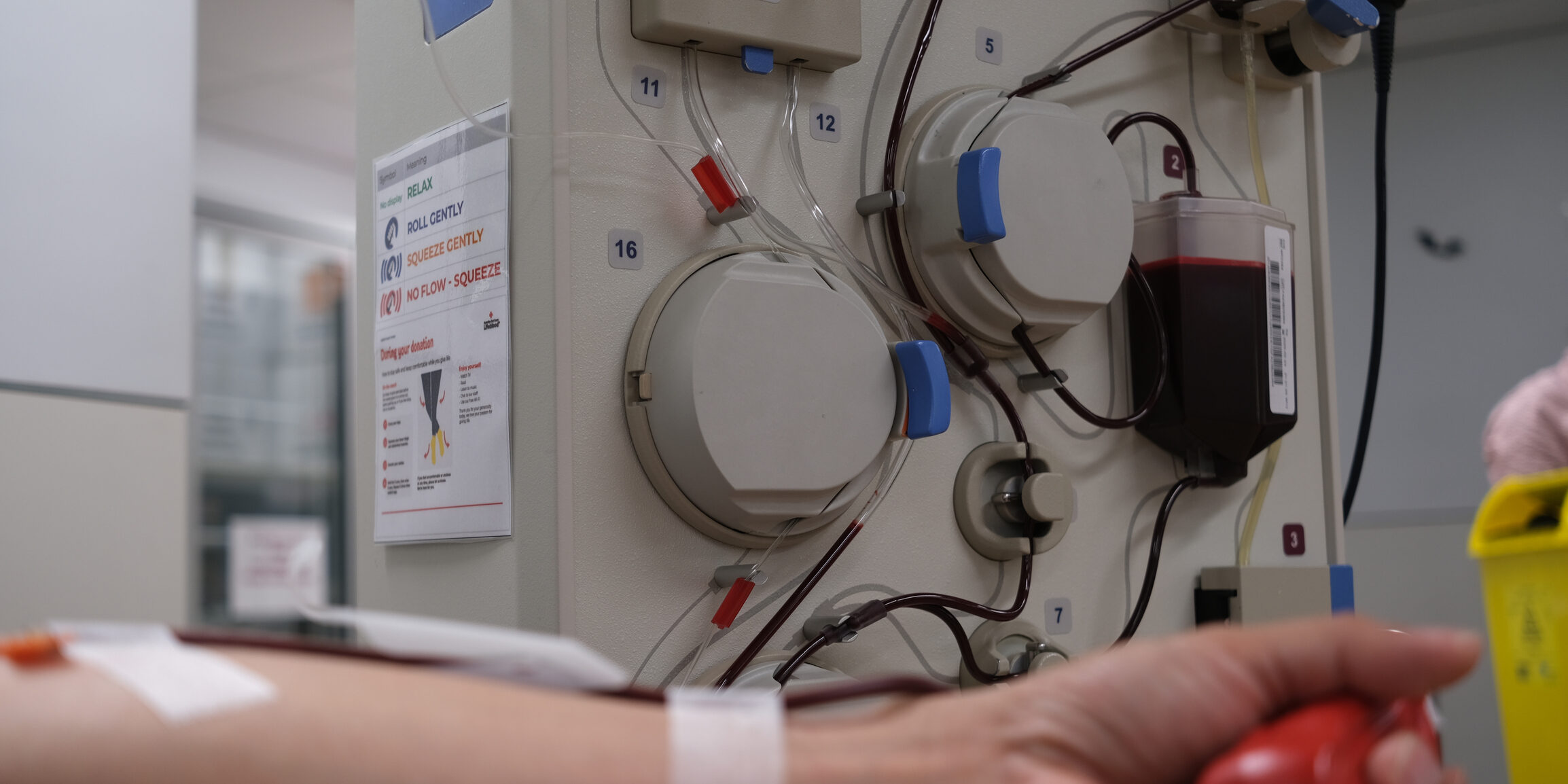Quest Media is an innovative adaptive lifestyle platform from MDA. With the power of this platform, we foster awareness and empowerment and have important conversations with experts, thought leaders, and members of the neuromuscular disease community about topics that matter to them and to the larger community of individuals with disabilities.
MUST-READ FEATURES
QUEST PODCAST
The Quest podcast, proudly presented by the Muscular Dystrophy Association, is part of the Quest family of content. Hosted by Quest Editor-in-Chief, motivational speaker and writer Mindy Henderson.
Episode 55- Unpacking Disability Pride: Voices from the MDA Community
In this Quest Podcast episode, we chat with MDA Ambassadors, Payton Rule, Fred Graves and former MDA National Ambassador Amy Shinneman. Payton shares a journey of transformation from self-doubt to pride, emphasizing how important community has been in helping her feel seen and valued. While Fred offers a perspective rooted in resilience and advocacy, discussing…
Episode 54- Service Dogs, Inc. – Paws with a Purpose
In this Quest Podcast episode, we chat with a former attorney who left her law practice to devote her time to building Service Dogs, Inc. Sheri Soltes founded Service Dogs, Inc. in 1988 on the concept of using dogs rescued from animal shelters. Under her guidance, Service Dogs, Inc. has led the industry in combining…
Episode 53- Invisible People: Making the Rare Seen
In this Quest Podcast episode, we chat with a former pharmacist turned singer/songwriter who lives with Generalized Myasthenia Gravis. Dania Quill has devoted her time and expertise to create inclusive spaces for those with disabilities and deliver advice, inspire action, and make us feel closer through song while sharing stories of resilience and positivity. While…


